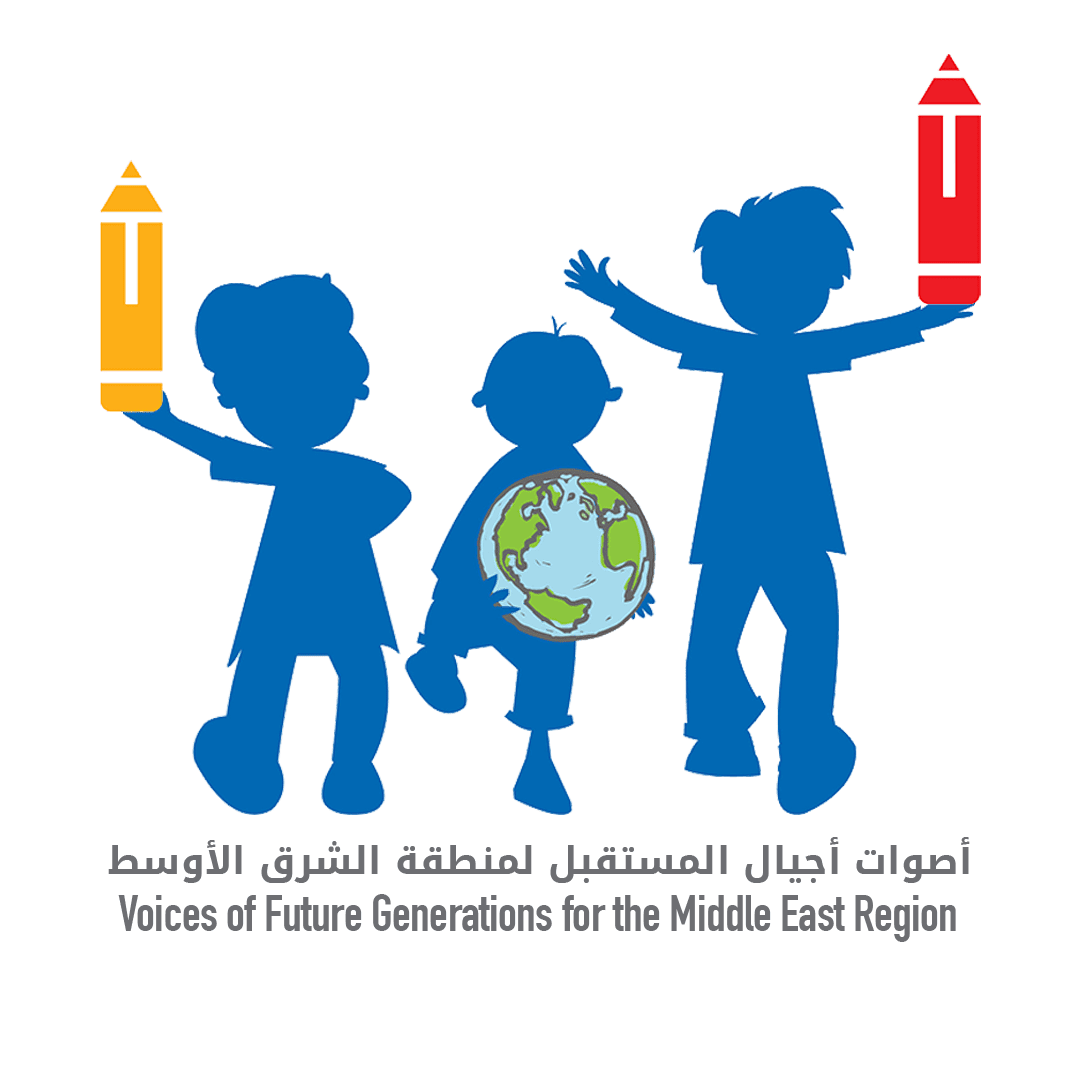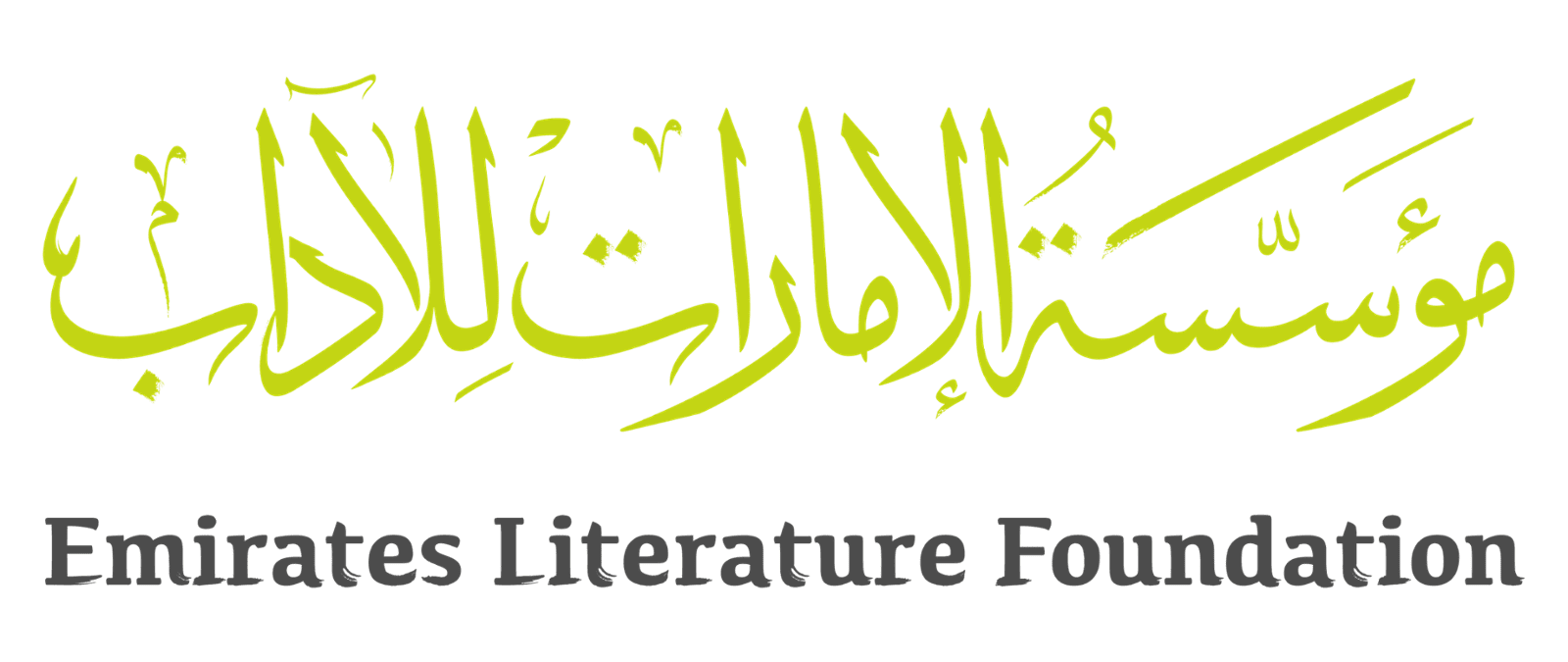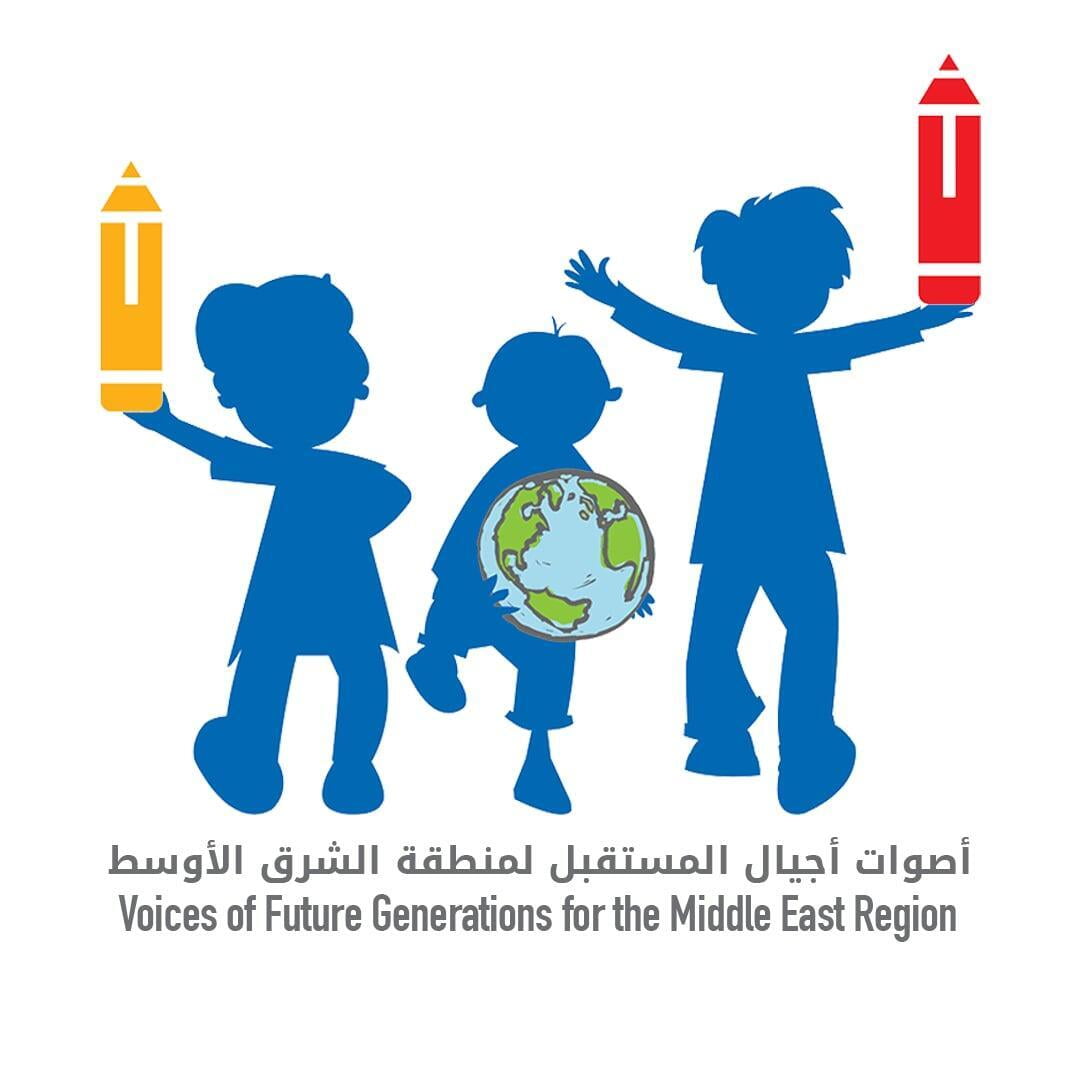The Most Exceptional Lesson Plan or Resource Creation
This award celebrates outstanding lesson plans and teaching resources that inspire students to engage with the themes of the Voices of Future Generations Initiative, with a focus with a focus on Sustainability and Children’s Rights. The criteria below will guide the selection of the most innovative and impactful educational material.
Self-Nomination (individual application)
Who is eligible to apply for the award?
What are the guidelines?
- Applications open January 2025 and must be completed by the applicant personally.
- Only one entry per applicant will be considered, so make sure you include all relevant information and attachments.
- Follow the award criteria shared to ensure successful submission.
- Upload additional supporting evidence, such as photos, videos, and documents.
- The deadline for applications is June 30, 2025.
How is the award evaluated?
- Alignment with Themes (25%):
- Educational Value and Depth (20%)
The learning objectives should adhere to the SMART criteria: specific, measurable, achievable, relevant, and time-bound. How well-defined are these objectives, and in what ways do they relate to sustainability and children's rights?
The resource should encourage students to engage critically with complex issues.
Does the material promote a deeper understanding of sustainability and children's rights, while also providing opportunities for students to reflect, analyse, and discuss real-world applications?
- Creativity and Innovation (20%)
Does the lesson plan present innovative and engaging methods for teaching sustainability and children’s rights?
- Inclusivity and Accessibility (15%)
The lesson plan should be designed to accommodate a diverse range of students, taking into account various learning styles, abilities, and backgrounds.
How accessible is the resource for all students, including those with special needs?
Does the resource present diverse perspectives on sustainability and children’s rights?
- Student Engagement and Participation (10%)
- Real-World Application and Advocacy (10%)
What is the Prize?
What is the Prize?
- The prize includes recognition for the teacher and the school, with an award that highlights their contributions to the Voices of Future Generations (VoFG) competition.
- Winning teacher receives a prize money of AED 3,000, certificate, public acknowledgment in media and at the VoFG events.





